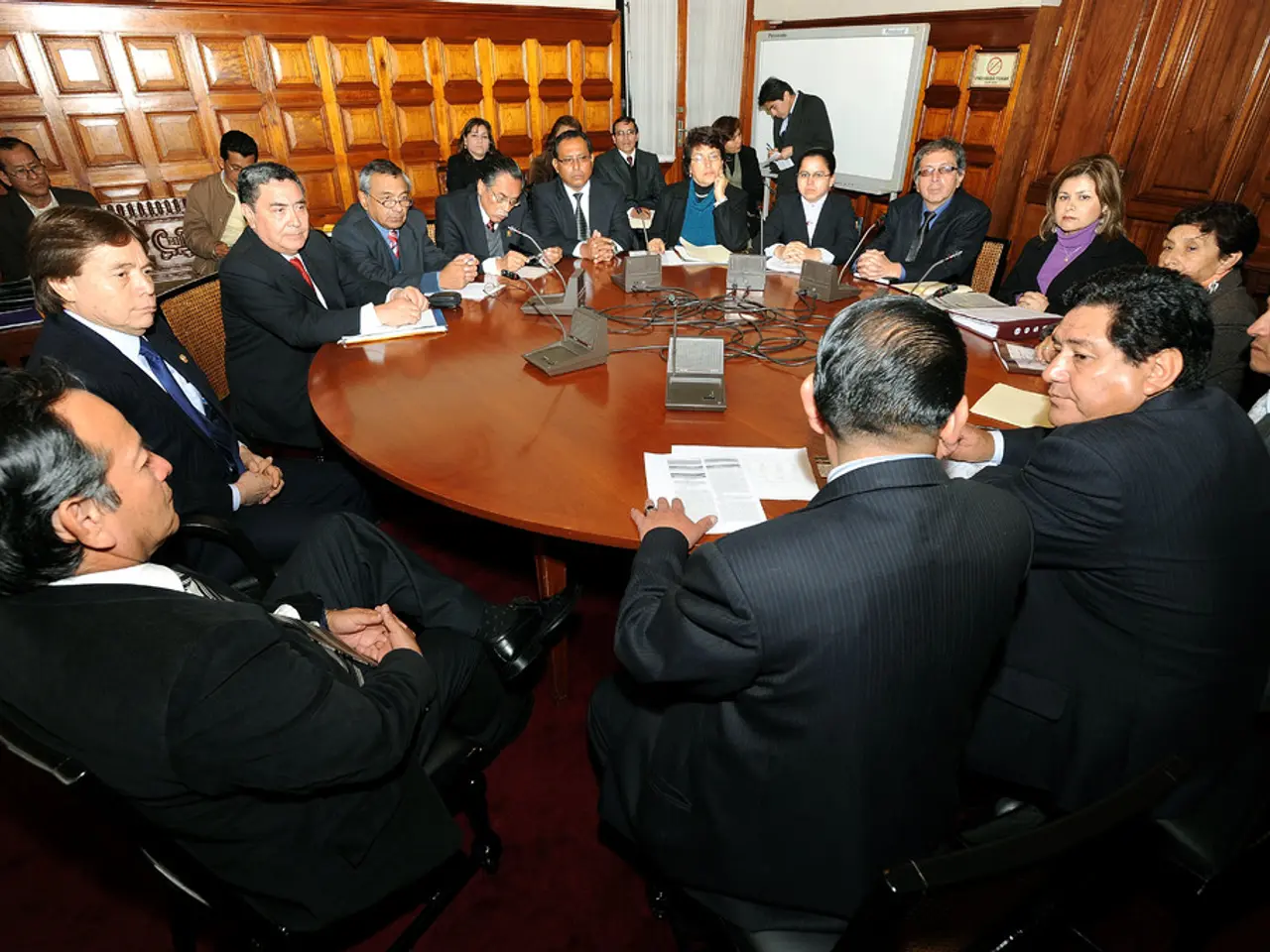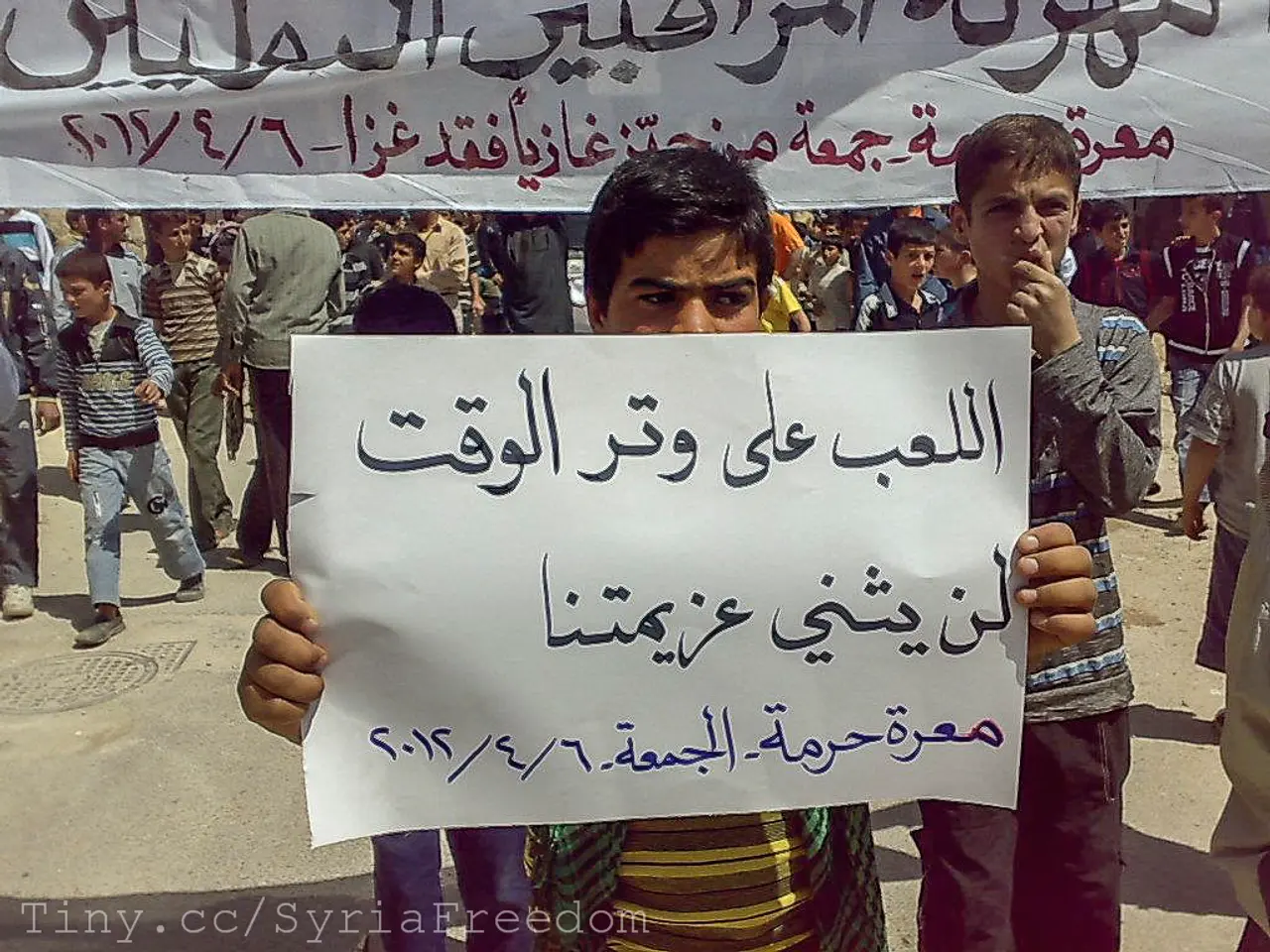US-India trade tensions escalate following a contentious phone conversation between President Trump and Prime Minister Modi.
The relationship between the United States and India, initially promising following a phone call between Prime Minister Narendra Modi and President Donald Trump in mid-June 2021, has recently faced significant strain.
The ensuing period saw a downturn in US-India relations, triggered by aggressive US trade policies, India’s ties with Russia, and contrasting geopolitical priorities.
Key developments include higher US tariffs on Indian imports, with President Trump initially imposing a 25% tariff, later doubling it to 50%. This move was partly to penalise India for continuing to purchase Russian oil despite sanctions, a stance India refused to relent from.
The strategic partnership, once considered a growing one centred on concerns about China, entered a fraught phase. Trade tensions and diplomatic irritants, such as Trump taking credit for the India-Pakistan ceasefire and hosting Pakistan's army chief, challenged India's long-held policy of strategic autonomy and non-alignment.
Despite signing critical defense agreements positioning India as a US strategic partner, escalating trade frictions and geopolitical disagreements cast doubt on the depth and durability of the partnership.
India has tried to maintain balanced relations by continuing to buy sanctioned Russian oil, aiming to preserve energy security and economic interests while managing pressures from the US. This has led to increased economic and diplomatic costs with the US under Trump’s harder stance.
The US-India relationship, previously optimistic, has recently faced friction over agricultural access, genetically modified crops, and the impact of Trump's trade deal with China. Trump himself has posted online about developing Pakistan's "massive oil reserves" and, when asked about resuming trade talks with India, replied bluntly: "No, not until we get it resolved."
In response to Trump's tariffs, India has frozen its plans to procure key US defense equipment. Modi is reassessing India's strategic tilt towards Washington. The tariffs mark one of the steepest levies imposed on any US trading partner and threaten to undo decades of US-India diplomatic progress.
However, the US State Department Deputy Spokesperson Tommy Pigott stated that India is a strategic partner, and the dialogue will continue despite differences. Modi declined an invitation to stop by the White House on his return from the G7 summit in Canada, citing a prior commitment to visit Croatia.
India has stepped up high-level engagements with China, with Modi expected to visit China later this month. This move is seen as a balancing act, as India has also been trying to manage its relations with Russia amidst the ongoing tension with the US.
The tariffs and the subsequent freeze in defense acquisitions mark a significant shift in the US-India relationship, one that could have long-lasting implications for both nations. As both countries navigate this challenging phase, it remains to be seen how they will move forward in the future.
- The escalating trade frictions and geopolitical disagreements between the United States and India under President Trump's administration have led India to reassess its strategic tilt towards Washington.
- Despite US-India relations facing significant strain, the US State Department has expressed that India remains a strategic partner, and the dialogue will continue despite the differences.
- In response to Trump's tariffs on Indian imports, India has frozen its plans to procure key US defense equipment, potentially affecting the depth and durability of the strategic partnership.
- The US-China trade deal has also created friction in US-India relations, with Trump expressing his intentions to develop Pakistan's "massive oil reserves" and refusing to resume trade talks with India until certain issues are resolved.
- Indian Prime Minister Modi has declined an invitation to visit the White House, citing a prior commitment to visit Croatia, while also maintaining high-level engagements with China, seen as a balancing act in managing relations amidst the ongoing tension with the US.
- As both the US and India navigate this challenging phase, the tariffs and subsequent freeze in defense acquisitions could have long-lasting implications for the future of their relationship, with both nations yet to determine their next move.








